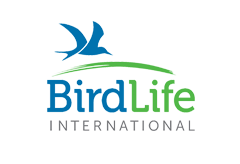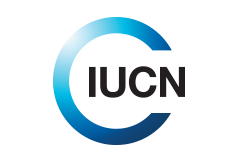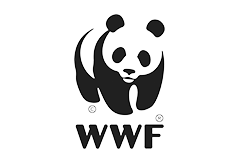By Kaia Boe with input from IUCN IPO Members
At the International Union for Conservation of Nature (IUCN) World Conservation Congress in 2016, its Members Assembly adopted a landmark decision for indigenous peoples and conservation. Members voted to create a new category of membership for Indigenous Peoples’ Organisations (IPOs), strengthening the recognition of their rights, participation, voice and role in IUCN.
IUCN is a membership Union uniquely composed of more than 1,300 government and civil society organisations. Every four years, the members take part in a democratic process, voting on Resolutions which drive the global conservation agenda. This was the first time IUCN reformed its membership structure, doing so specifically to meet the demands of indigenous peoples’ organisations. This decision marks a turning point for their full participation in IUCN’s work and future directions.
As noted in a newly released report by the UN Permanent Forum on Indigenous Issues’ (UNPFII) Secretariat, Study to examine conservation and indigenous peoples’ human rights, recent decades have seen notable advances in recognising and promoting indigenous rights within conservation. This includes acknowledging the vital role indigenous peoples play in conserving lands, seas and resources. However, despite these significant advances, violations of indigenous rights still occur in the name of conservation.
IUCN works to secure social inclusion, equity and human rights in conservation and a number of conservation organisations now have distinct programmes or strategies to integrate indigenous peoples into their programmes of work – including members of the Conservation Initiative on Human Rights (CIHR). The historic decision to create a distinct category for IPOs within IUCN’s membership addresses a vital element of progress that had been missing: the direct voice and self-determination of indigenous peoples in identifying priorities, entry points and how they themselves wish to engage and advance their rights and concerns in conservation globally.
In March 2018, a gathering of IUCN Member IPOs in San Jose, Costa Rica marked a significant step forward in addressing indigenous peoples’ rights, concerns and issues in conservation. At this first gathering of IUCN IPOs, an indigenous-led strategy was collaboratively drafted –outlining their priority actions and practical steps for strengthening their rights, participation and engagement in conservation. IUCN IPOs Members from across the globe, currently numbering seventeen from Australia, Africa, Asia, South America, North America and Europe jointly led a strategy development process supported by IUCN’s Commission on Environmental, Economic and Social Policy (CEESP) and the IUCN Secretariat, namely its Global Programme on Governance and Rights.
Indigenous perspectives and solutions on key challenges to achieving full and effective recognition of their individual and collective rights were shared at the gathering. Although each indigenous organisation faces different political and ecological challenges, they determined the following joint priorities:
- Increase indigenous participation in IUCN’s governance;
- Participate in IUCN’s global policy engagement processes;
- Promote the recognition of rights in relation to lands and territories, natural and cultural resources;
- Promote the creation of a system of indigenous protected areas that strengthens the use, management and conservation of natural resources by indigenous peoples;
- Address issues related to cultural heritage;
- Address the rights and participation of indigenous women; and
- Support indigenous organisation institutional strengthening.
As with any strategy, the challenge lies in its full implementation. But the energy and leadership of IUCN IPOs is strong and full of momentum. With this strategy in place, IPOs, with the support of the IUCN Secretariat and Commissions will have a clear roadmap for targeted fundraising, enhancing partnerships and for clarifying the value of IUCN membership to other IPOs.
The previously mentioned UNPFII Secretariat study outlines several ways forward for advancing an indigenous agenda in conservation, including through the organisation of a summit prior to the next IUCN World Conservation Congress in 2020 and the development and strengthening of standards and redress mechanisms. These closely align with the IUCN IPO Strategy and offer an opportunity to identify areas for collaboration between IUCN members, other conservation organizations, IUCN and non-IUCN IPOs, and the UNPFII.
If you would like more information about joining IUCN as an IPO, please contact Kaia Boe at kaia.boe@iucn.org.
Photo ©Kevin Chang, Drafting of the first IUCN IPO Strategy








